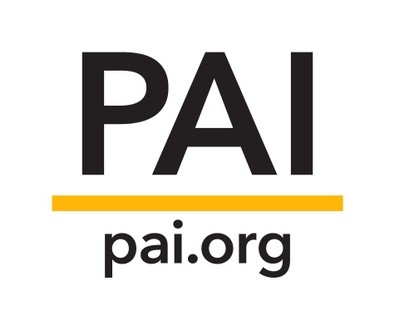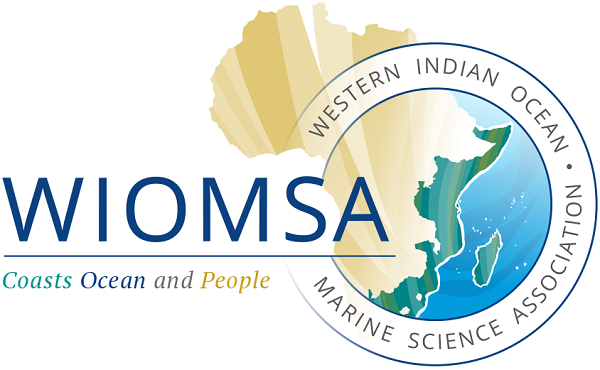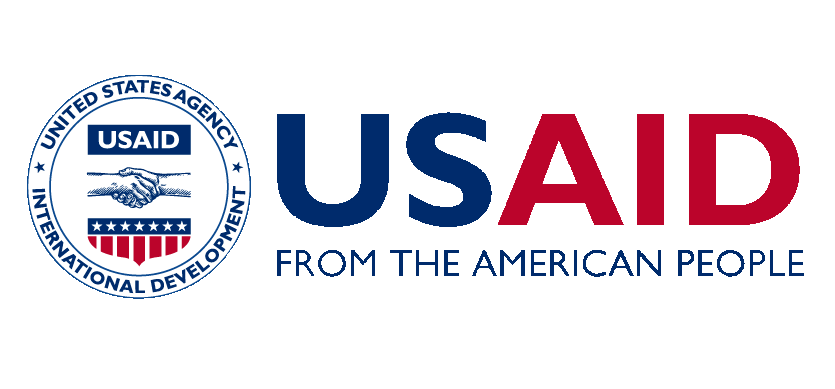Taking Stock: Sexual and Reproductive and Health and Rights in Climate Commitments: A Global Review

The Nationally Determined Contributions (NDCs) are the most central and globally representative climate policy documents that outline the national climate plans of countries that have ratified the Paris Climate Agreement. […]
Final Study Report: Scaling Up SRHR/FP for Climate Adaptation and Resilience in Uganda

This study report explores the readiness study on advancing and scaling up sexual reproductive health rights and family planning for climate adaptation and resilience in Uganda. The study aimed at […]
Advancing Sexual and Reproductive Health and Rights for Climate Adaptation and Resilience

Climate change disproportionately threatens the most vulnerable girls and women, in all their intersecting identities, and has detrimental effects on sexual and reproductive health and rights (SRHR). This infographic highlights […]
Resilient Future: Climate Financing Strategies for Family Planning Programs

This video illustrates strategies for family planning and reproductive health program implementers and advocates to position their programs to access climate adaptation funding. A virtual watch party and workshop in April […]
Women’s Role in Adapting to Climate Change and Variability

This article highlights women’s important role in the adaptation of and search for safer communities, which leads them to understand better the causes and consequences of changes in climatic conditions.
Vulnerability and Resilience in the Face of Climate Change: Current Research and Needs for Population Information

This paper addresses four related topics: (1) varying definitions of vulnerability and resilience (and, to a lesser extent, adaptive capacity) and the implications of those differences for societal analysis, (2) candidate approaches to characterizing societal resilience to climate change, (3) methods for assessing resilience, and (4) the potential contribution of a richer understanding of affected populations to the study of resilience.
The Role of Community-Based Coastal Conservation and Development Initiatives in Building Social-Ecological Resilience to Climate Change: Experiences From Southern Madagascar

This article examines a PHE program in Madagascar, and illustrates how practical initiatives can contribute to building immediate and long-lasting resilience and adaptive capacity.
Linking Population, Fertility and Family Planning with Adaptation to Climate Change: Views from Ethiopia

Using qualitative methods, PAI, in collaboration with Miz-Hsab Research Center and the Joint Global Change Research Institute, explored how Ethiopian communities react to and cope with climate variation, which groups are the most vulnerable, what resources communities need to adapt to climate change, and the role of family planning and reproductive health in increasing resilience to climate change impacts.
Gender and Resilience: From Theory to Practice

This paper synthesizes four case studies from Uganda, Myanmar, Sudan/Chad, and Burkina Faso, documenting strategies towards building gender equality through resilience projects.
Gender and Climate Change: A Closer Look at Existing Evidence

Perceiving a gap in the resources available to individuals and organizations concerned about the gendered experiences of climate change, GGCA commissioned this literature review in early 2016 in order to provide the most up-to- date assessment of the current evidence base illustrating how vulnerability to climate change and climate adaptation decisions vary by gender.



